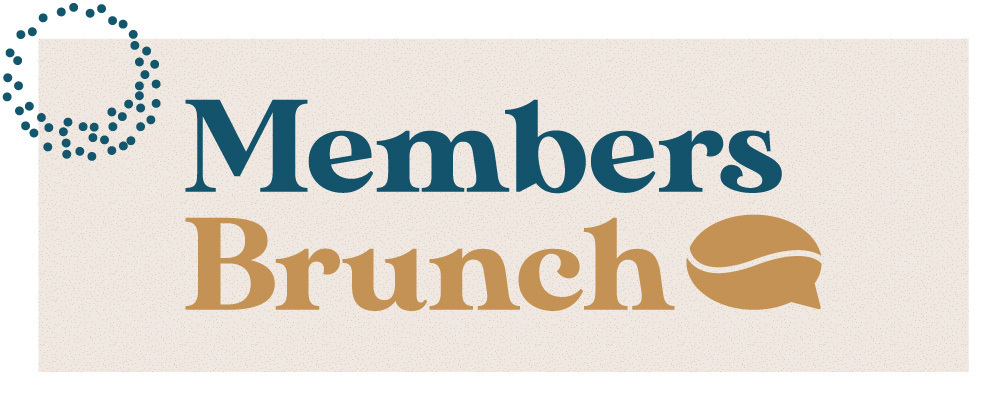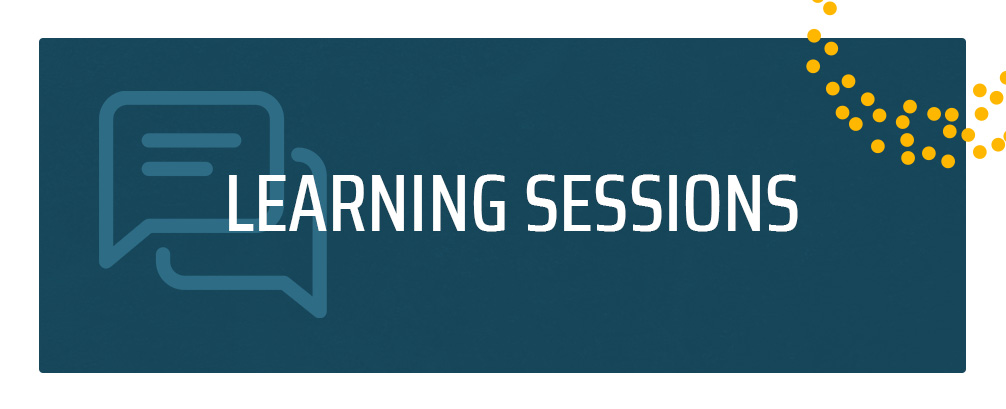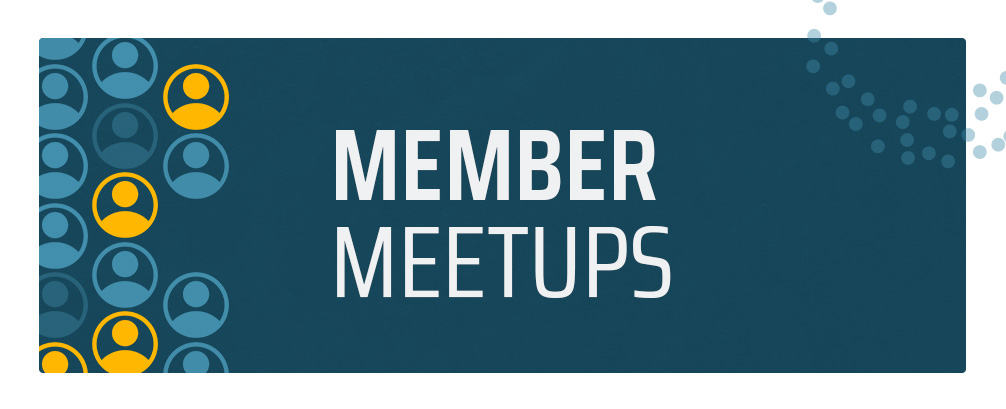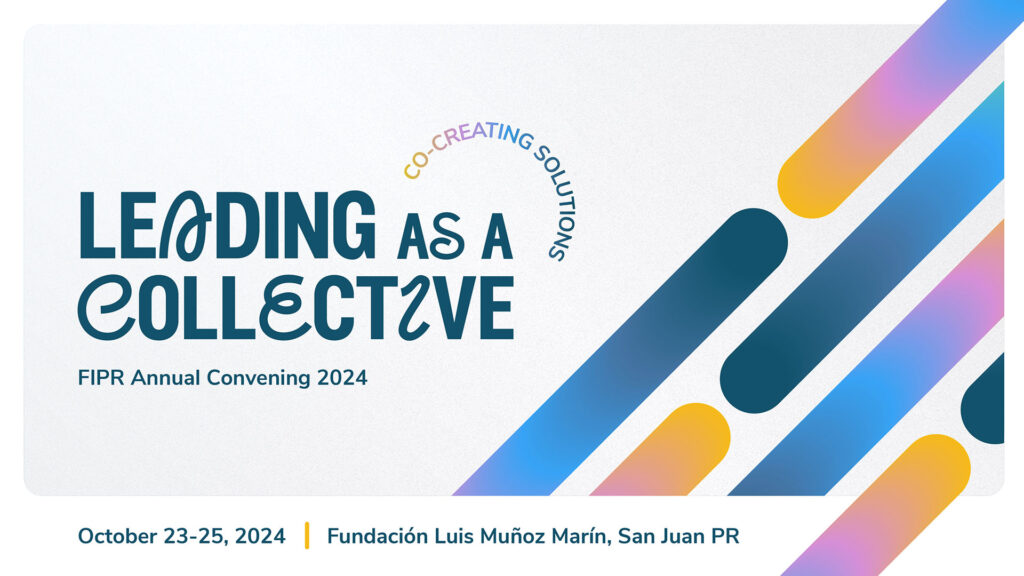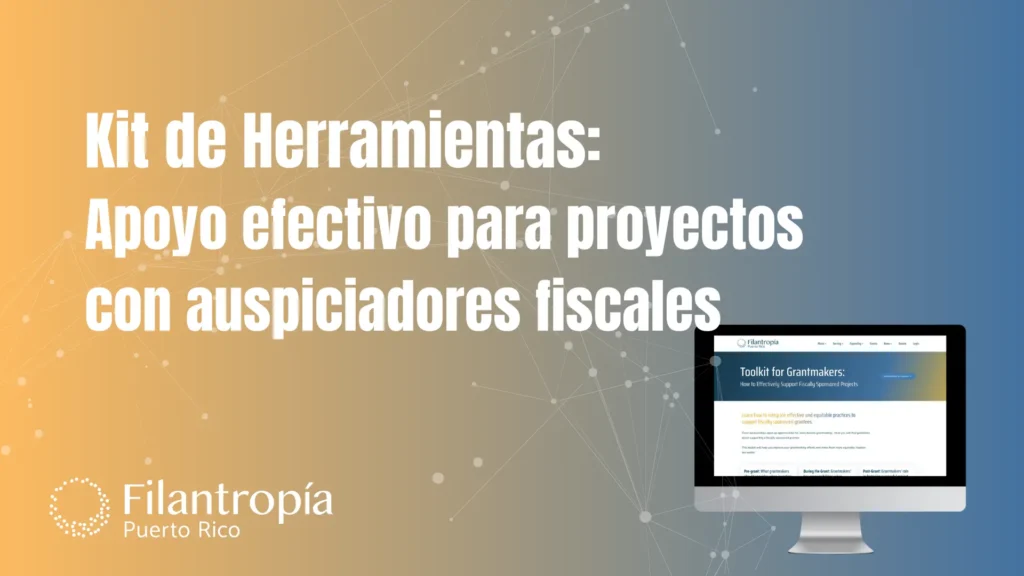
FiPR 2024 Annual Convening
Impactful Investments through Collaborative Efforts
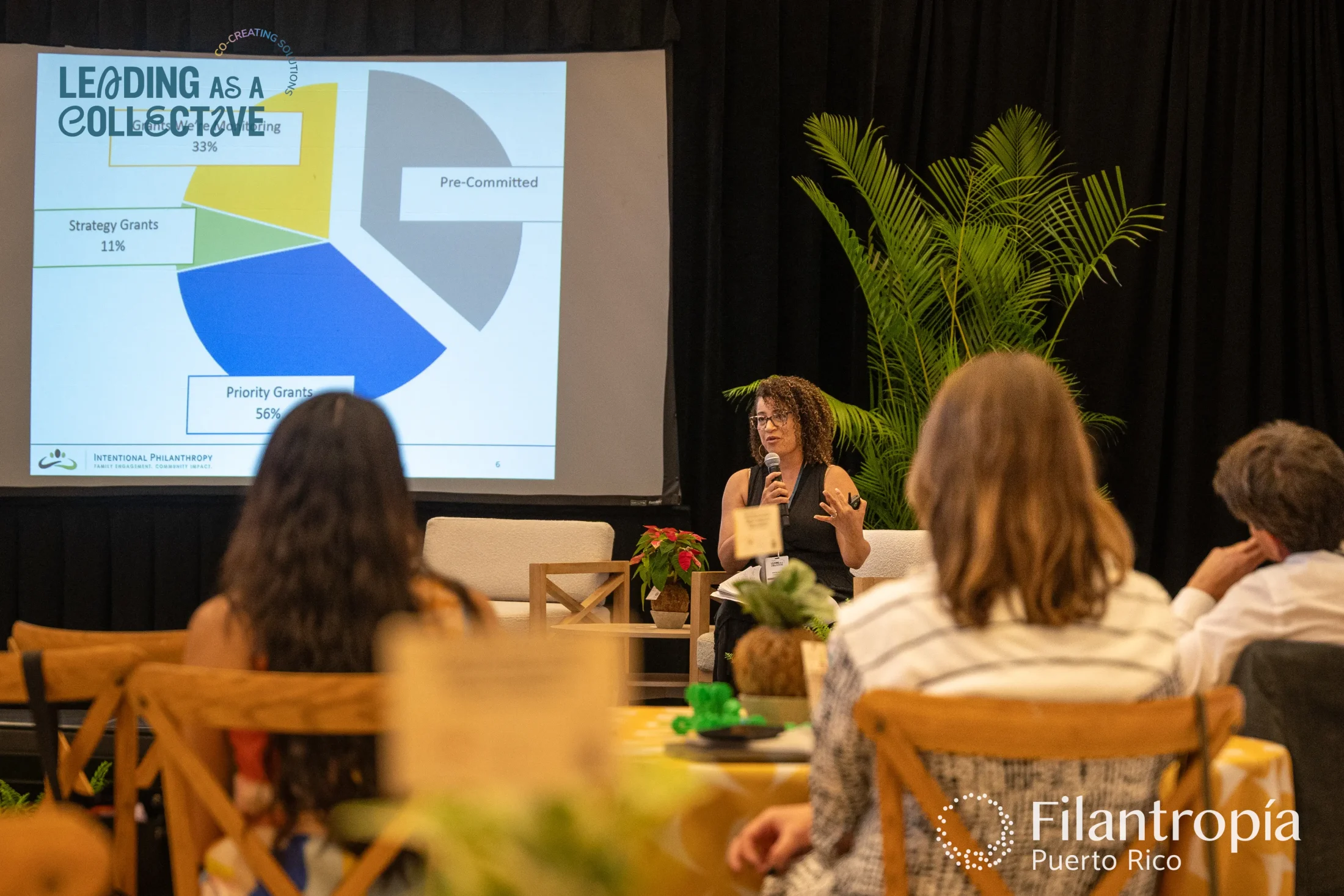
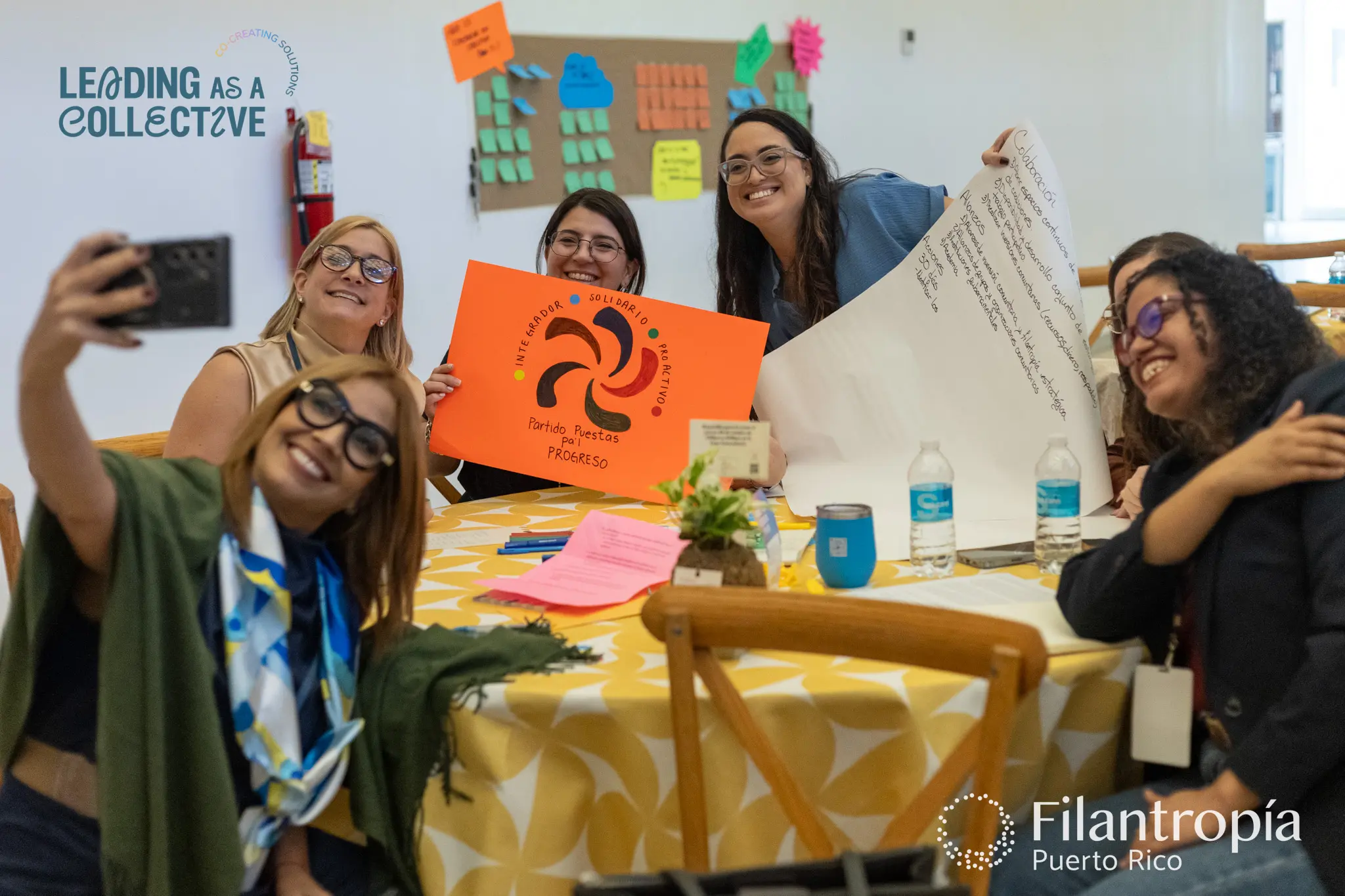
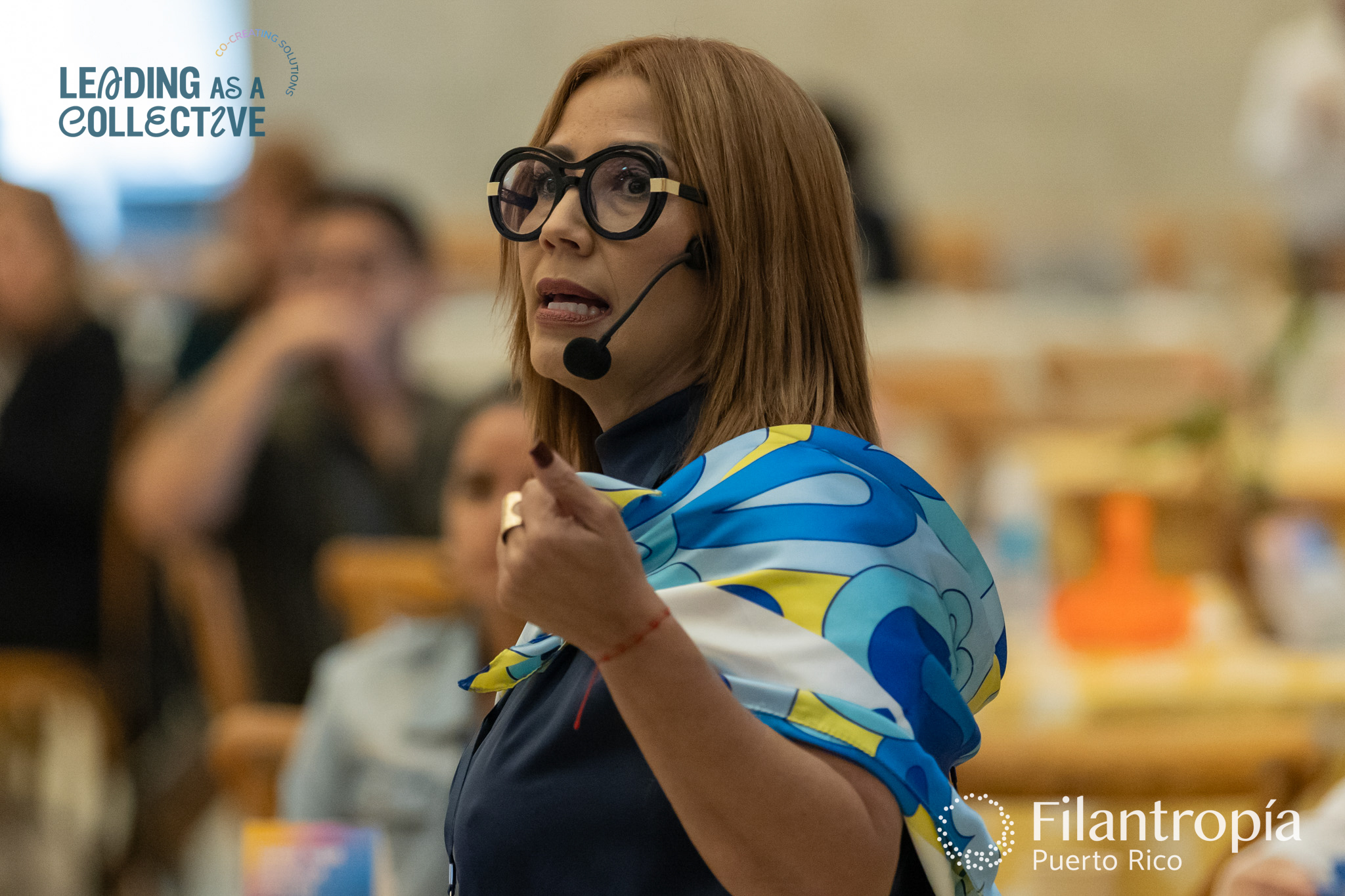
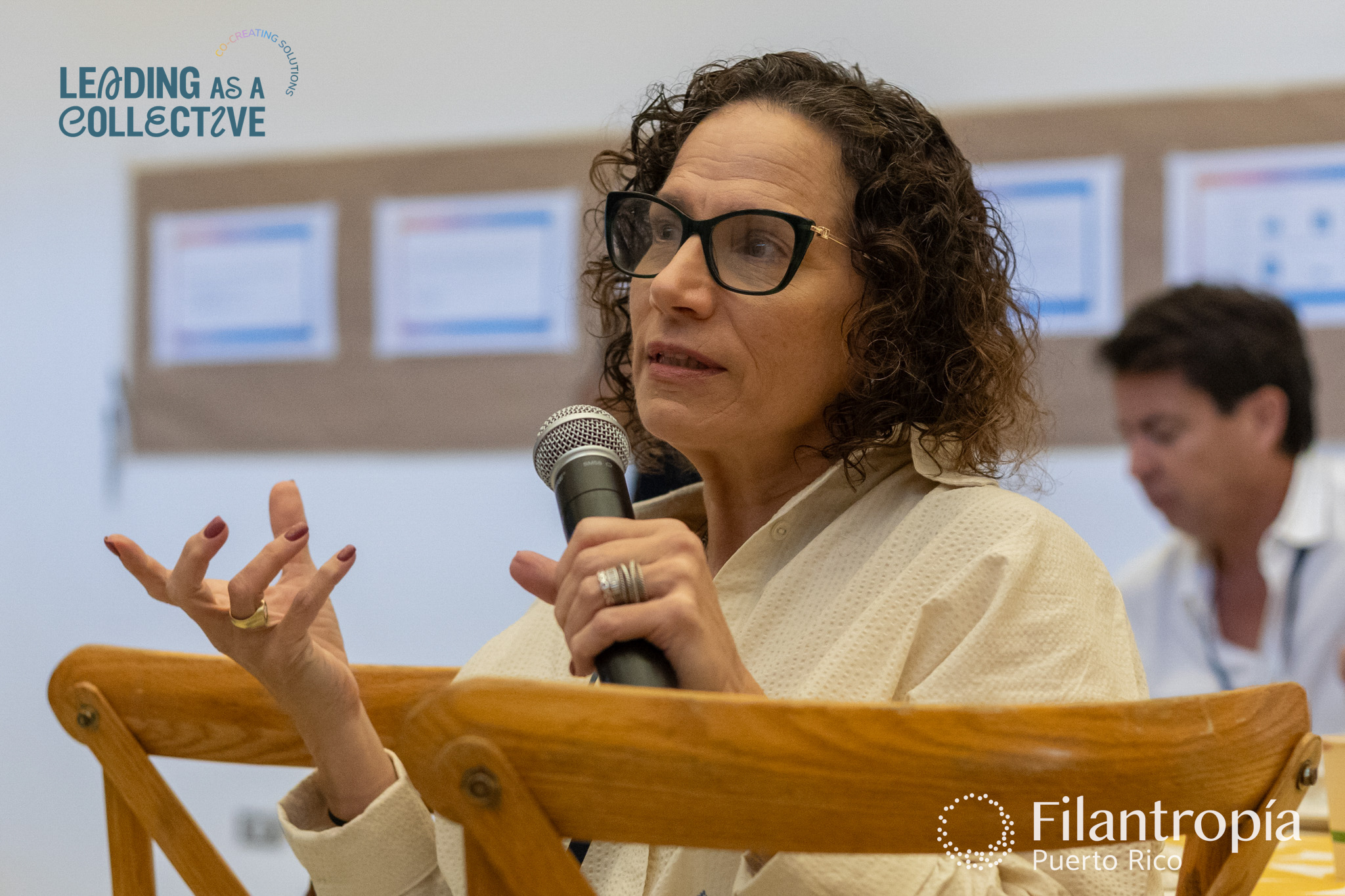
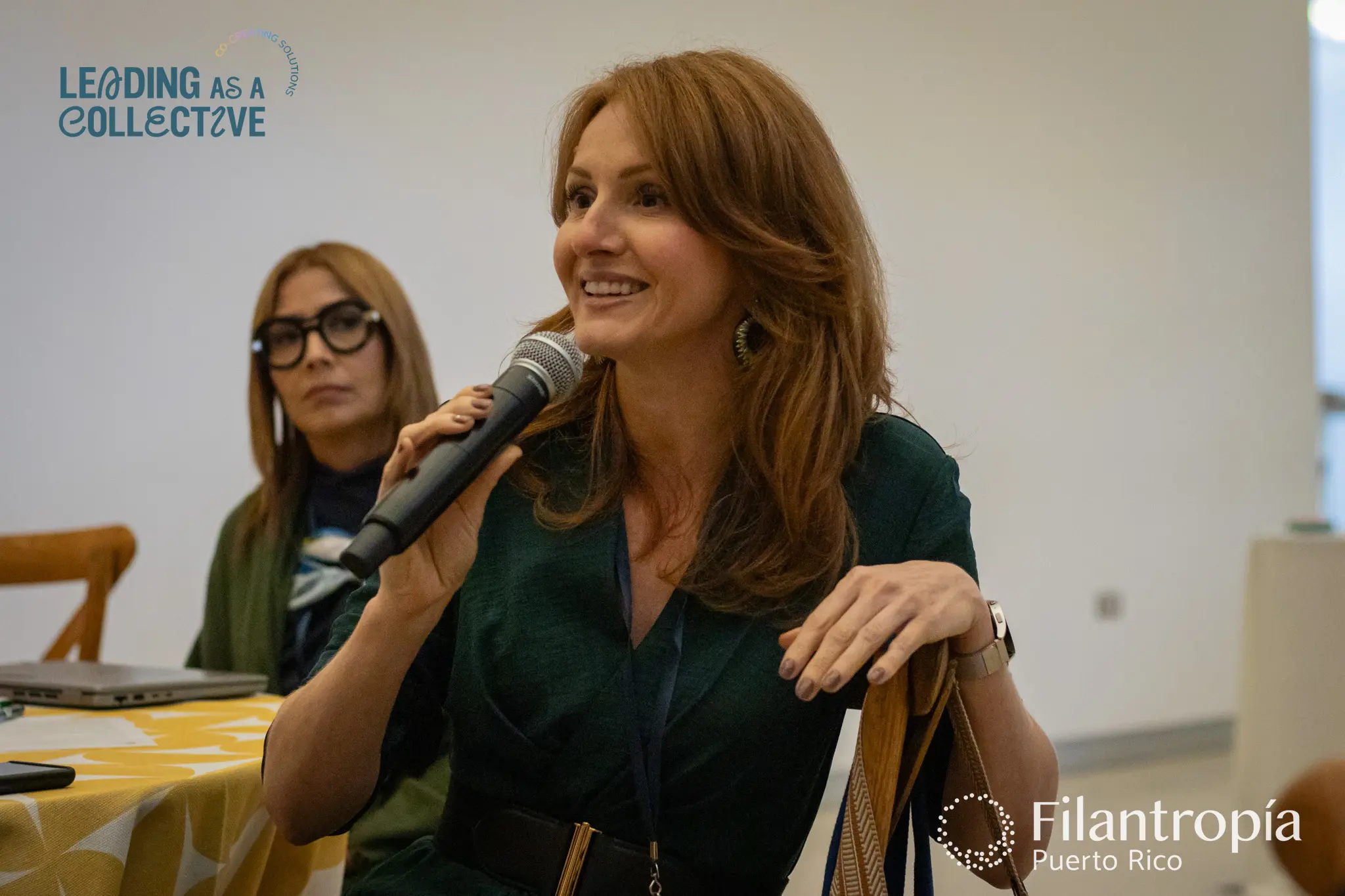
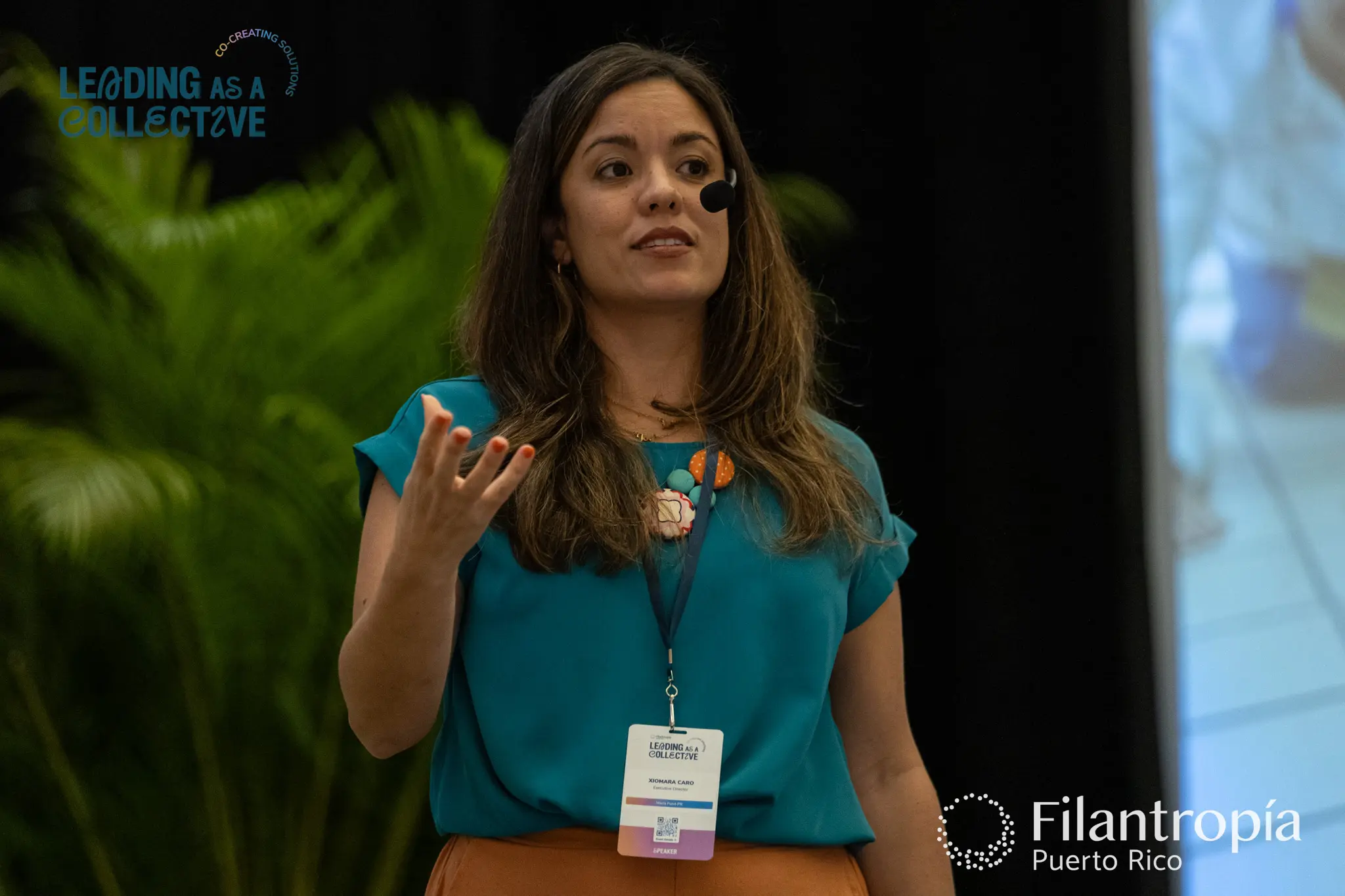
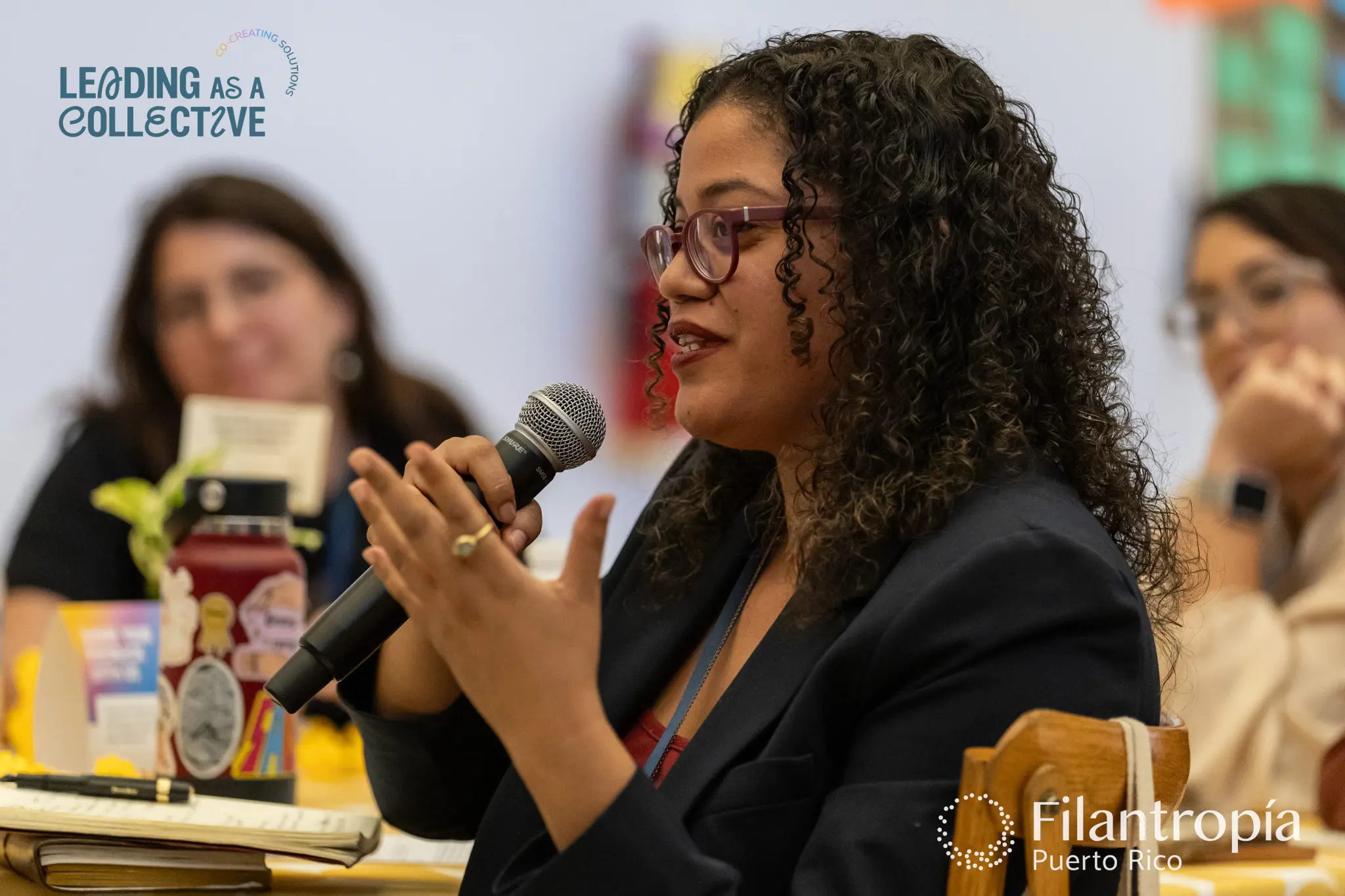
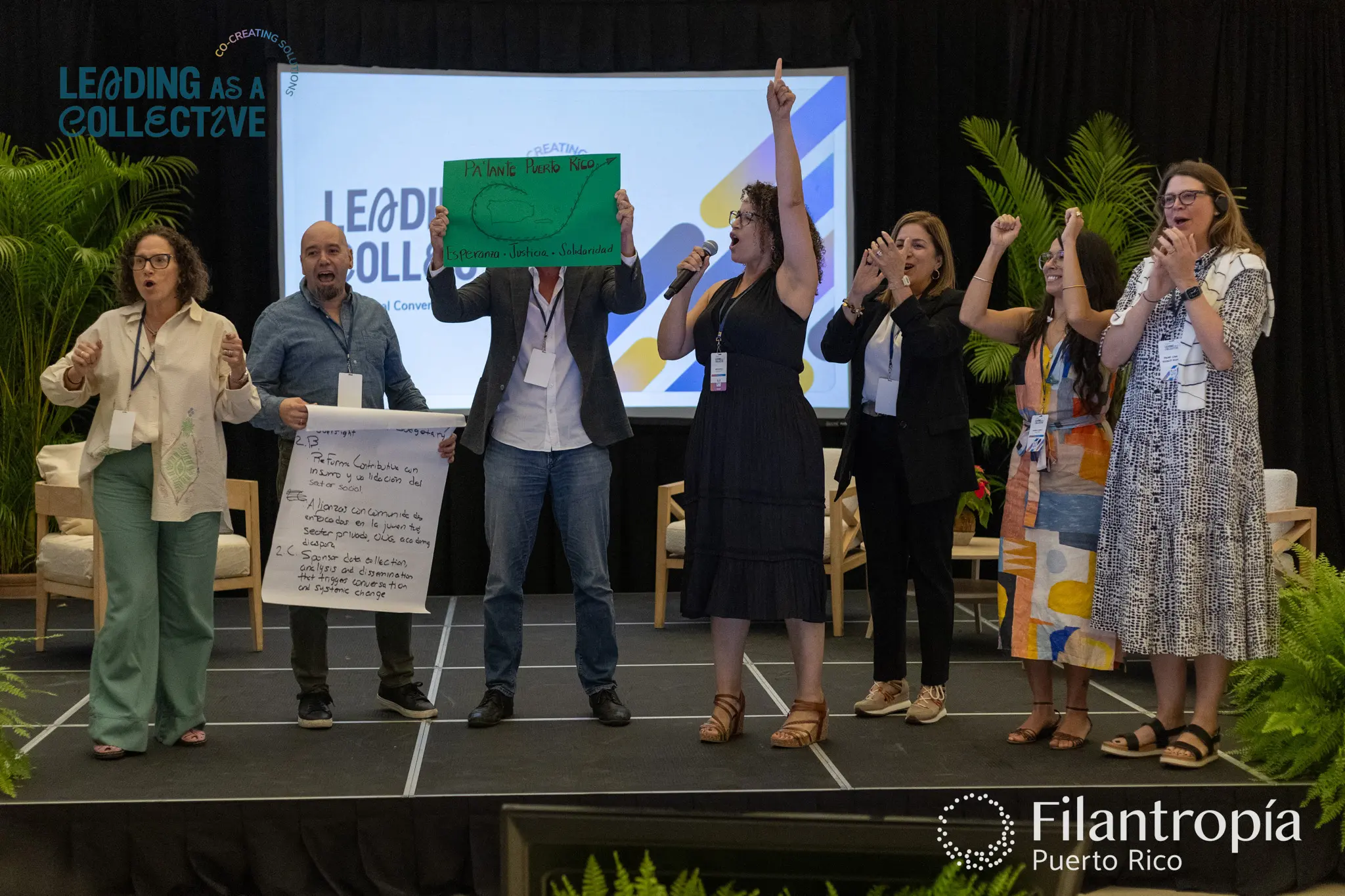
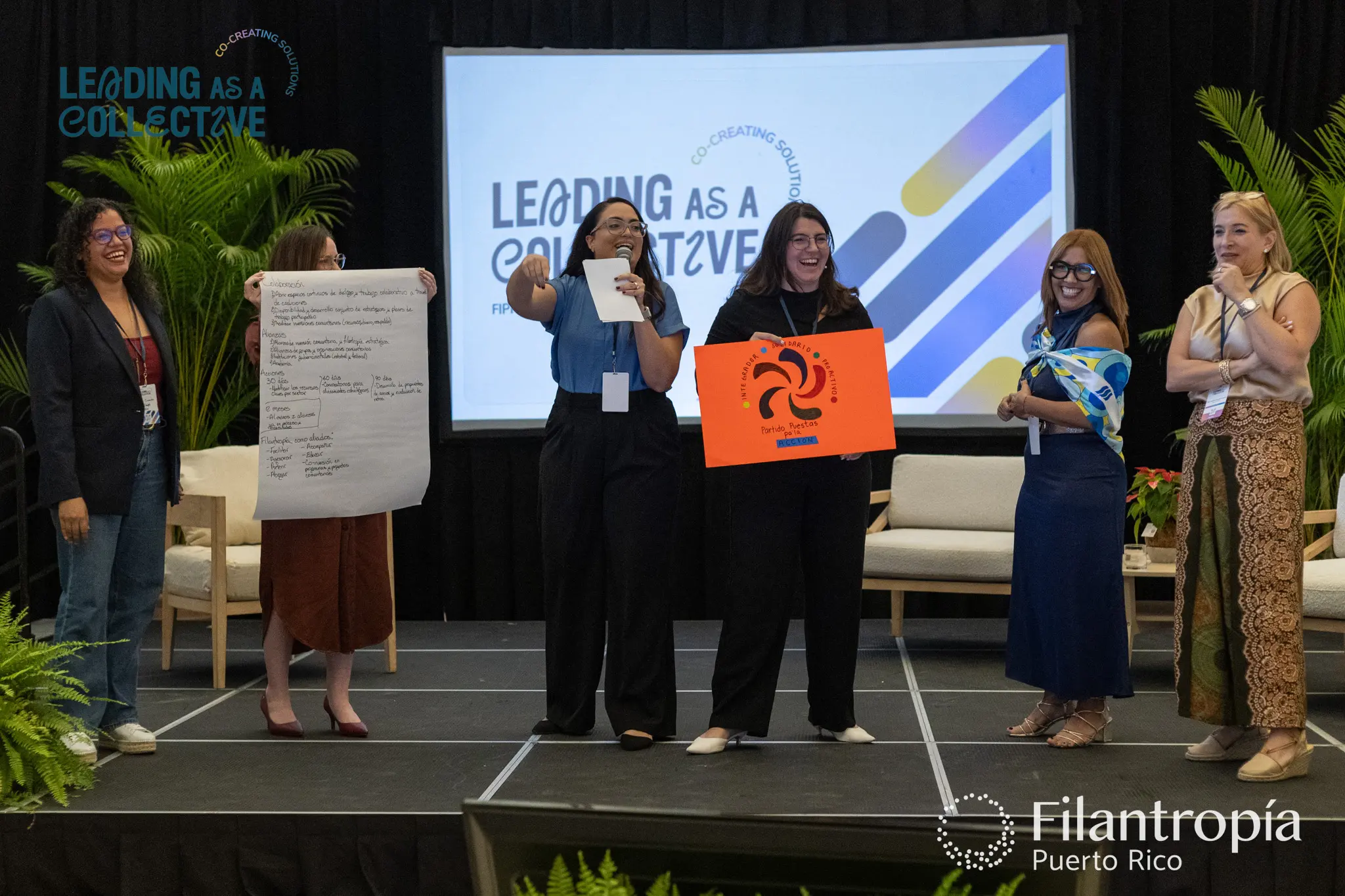
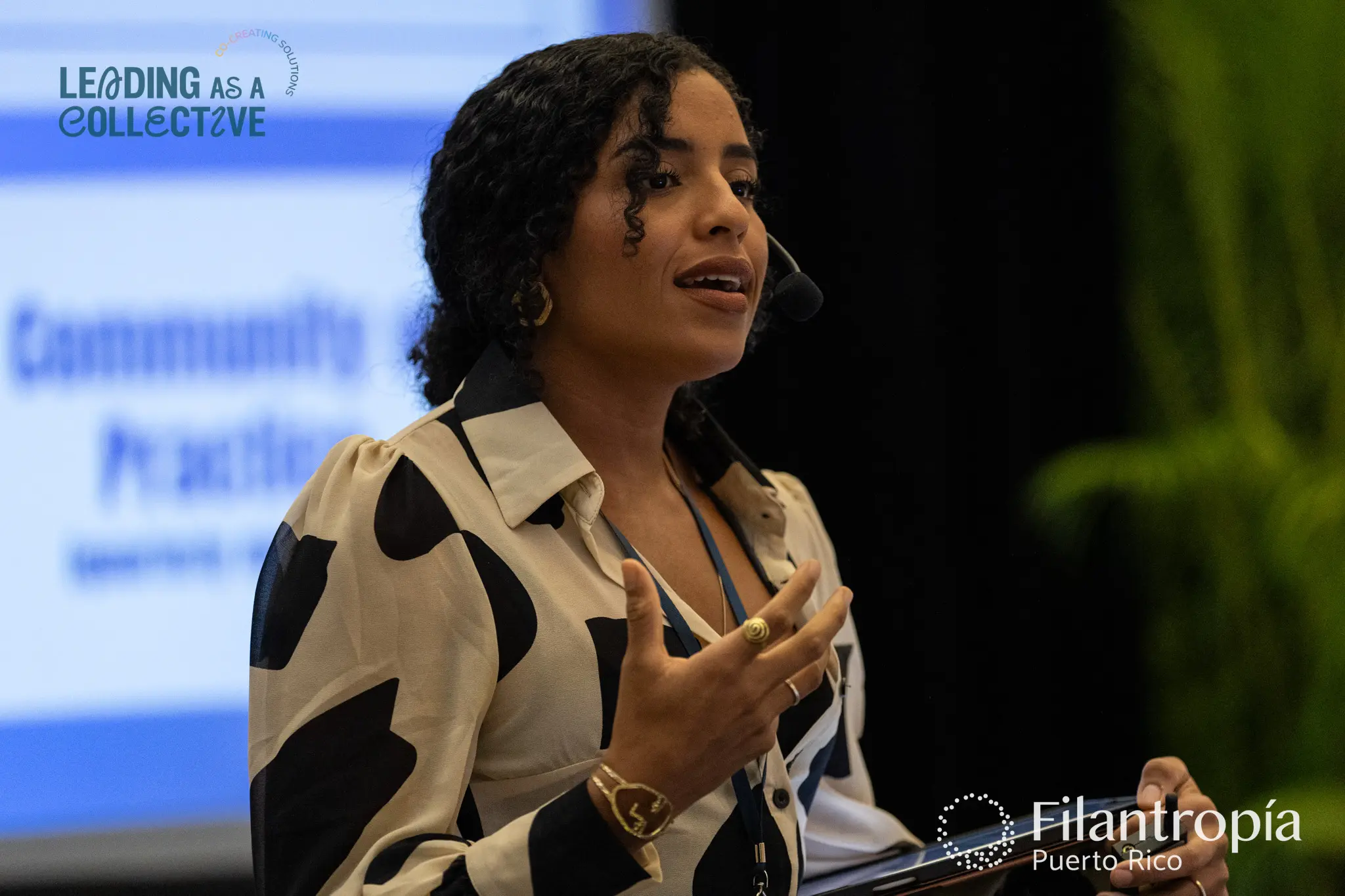
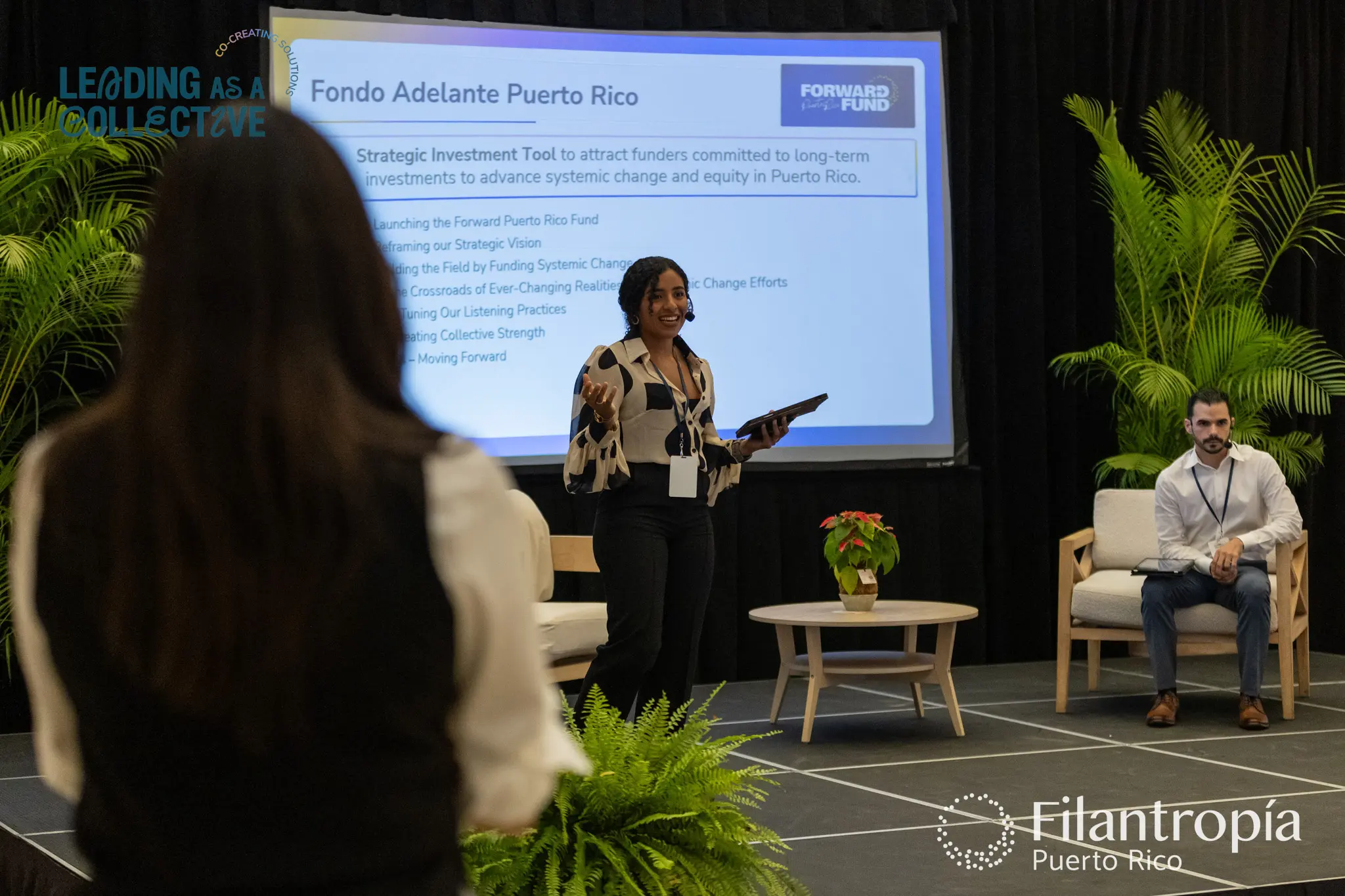
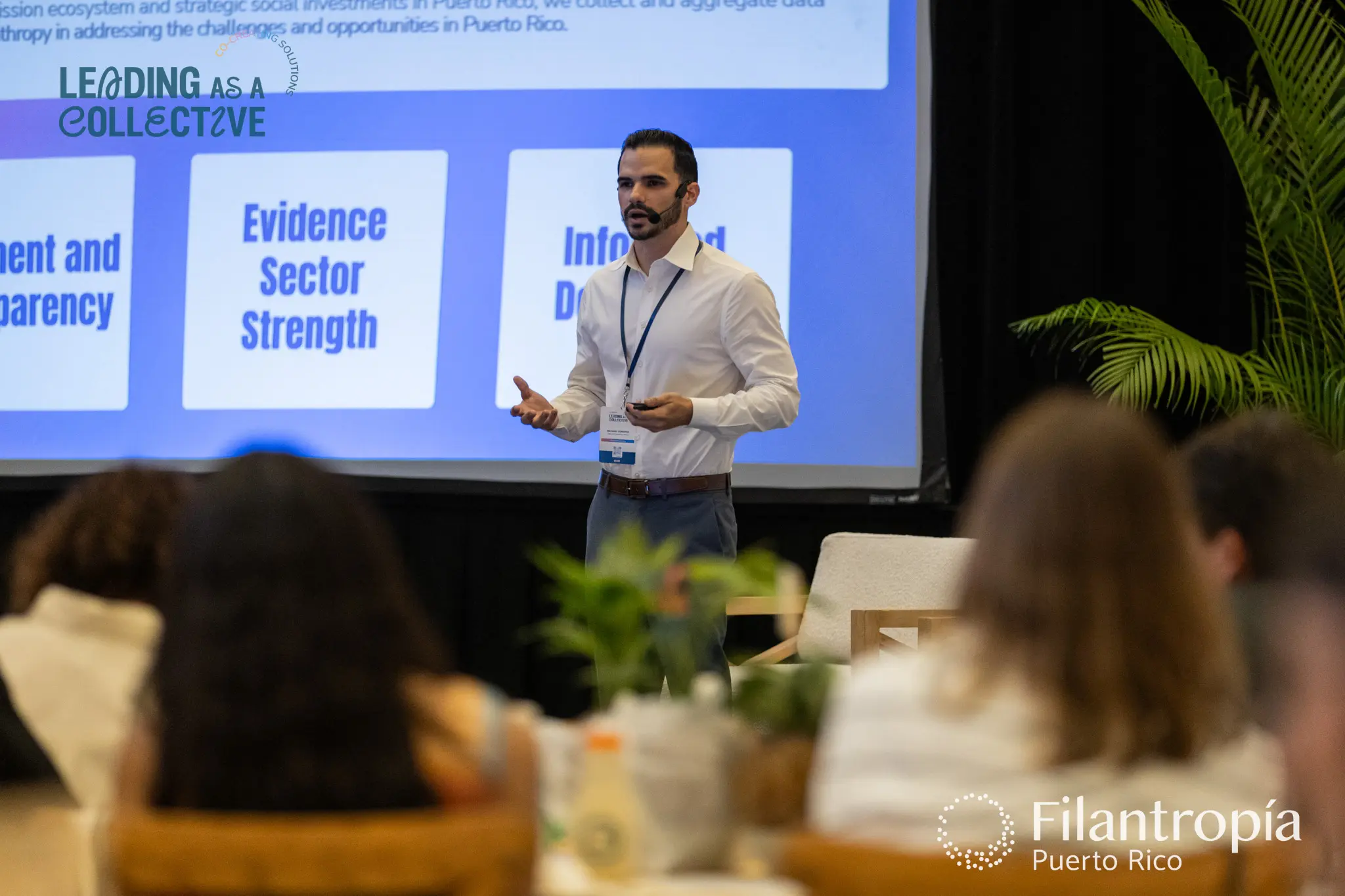
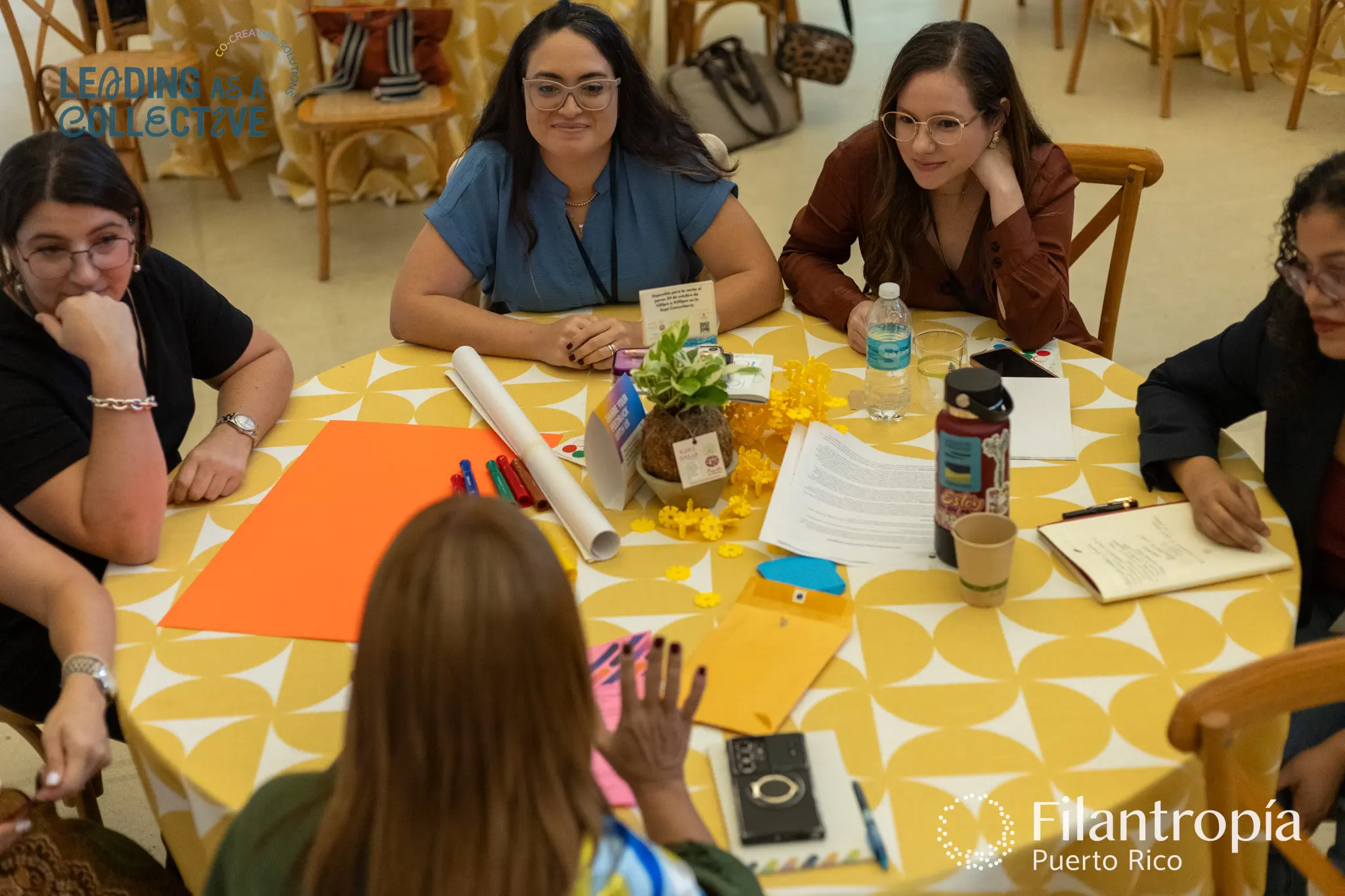
During the second day of our convening, we held discussions that zeroed in on the issues impacting Puerto Rico today. Our different members shared about the specific initiatives, efforts, and projects that they advance on the ground to expand the philanthropic field in Puerto Rico.
During the morning sessions, our members Peter Alfond Foundation and Triple-S Foundation shared about the models their foundations have developed to attend key issues such as food sovereignty and the impacts of social isolation and solitude in diverse sectors. Kinyta Smalls, Executive Director of Puerto Rico at the Peter Alfond Foundation, shared about the beneficiary prioritization system they created. Part of this process involved looking into food systems in Puerto Rico, identifying gaps, and developing the foundation’s investments collaboratively. Their beneficiary prioritization grantmaking strategy is divided in four funding categories: priority partners, strategy grants, monitoring grants, and value-aligned causes.
Some of the other sessions led by members were focused on the importance of strengthening the sustainability of organizations. Fundación Mujeres presented two study cases with Hogar Ruth y Casa Juana Colón, where they evaluated the factors contributing to the financial and operational stability of these community based organizations. The foundation’s executive director Verónica Colón outlined some of the recommendations of the study such as the importance of investing in the systematization of strategic planning and providing resources to guarantee transparent fiscal procedures. Moreover, they have integrated these lessons in their feminist grantmaking by emphasizing intentional listening, community informed decisions, and simplifying grant applications.
Our presentations during the second day culminated with Maria Fund and “Coalición Todos a Leer!” speaking about the importance of collective and collaborative efforts in the sector. “Coalición Todos a Leer!” shared about their collective impact model for collaborative efforts led by philanthropic foundations and community leaders in K-3 education. Some key highlights of their model included the creation of regular weekly meetings and ensuring that everyone’s voices are heard in the decision making processes. Additionally, they shared some of the accomplishments along the way, which include launching the Academia de Lectoescritura and the mobilization of significant federal government funds to support community based organizations.
The second day of our convening was absolutely inspiring and allowed us to come together as a collective to think creatively about how to push the boundaries of the philanthropic field. Our members’ work and presentations brought visibility to the importance of centering beneficiaries and how collaborative efforts can strengthen our sector.

